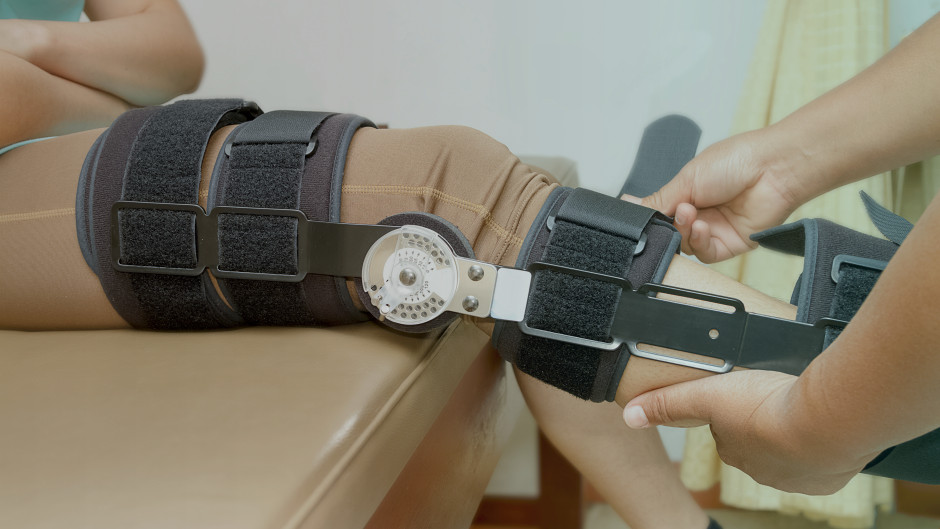5 THINGS PATIENTS EXPECT FROM YOU
There has been tons of research related to the relationship between patients and therapists. This is often referred to as as patient- therapist interaction. Research shows that factors associated with the physical therapist, patient, and setting may influence clinical outcomes, in addition to the specific physical interventions provided. These factors make up the context and are often described as nonspecific factors.²
If you want to learn more about this topic, you can watch Andrew McCauley's lecture here:

So what are these factors that patients expect from their therapists?
1) Trust and Hope
Patients felt that it was important for physical therapists to listen and to allow patients to tell their stories. This approach allowed a bond to develop between the patient and the therapist, as the patients felt that they were valued.2 In a study done by Bejar et al in 2019, it was found that athletes who trusted their trainers put more efforts and more intensity in their rehab process. Apart from this, reassuring patients that things are okay and they will be okay plays an important role as well.
2) Guiding and not directing emotions and feelings
Docherty 1997 and Carrey et al in 1999 stated in their study that clinicians are less likely to ask about feelings and emotions. This can be because they are afraid to open up a ‘cry box’ and not knowing what do after. Fear played a huge role in athletes who are returning to play and it hampers their rehab process as well the decision making capacity during training and play. Thus, managing emotions early during therapy is important.
3) Effective communication
During the whole rehab process we want to give information so the patient feels confident about what’s going on at each stage and where they’re headed towards. It also reduces their anxiety and the less the anxiety, the more they recall the information. This can only be done through effective communication and coaching.
4) Empathetic noticing
The rehabilitation process should take into consideration the pain and suffering that the patient has endured. Patients appreciated when the therapist understood what patients had to suffer and did not just treat them as if the pain they had was a minor irritation. Patients felt it was important for therapists to realize how much of an impact pain could have on their lives and for therapists to empathize with them about this issue.2
5) Relationship building
Talking with the physical therapist in an open way helps deepen the relationship between the patient and the therapist. A pleasant greeting from the therapist every day encourages further interaction. Having a sense of humor was another way to develop a positive relationship. Patients found it difficult to engage with therapists when they were not as friendly, and the interaction suffered as a consequence.2 Thus, building a relationship early plays an important role in the rehab process.

Therefore, although a therapist’s skills form a base of the treatment process, other non specific factors like these also play a fundamental role in treating the patient. Each individual is different so we should understand what is important to a patient and not judge them. This is possible only through effective communication and coaching and acquiring these communication skills is essential as a physiotherapist.
If you want to learn more about this topic, you can watch Andrew McCauley's lecture here:
Sources:
1. ‘Why coaching is more important than exercise in therapy ‘ lecture by Andrew McCauley
2. Mary O’Keeffe, Paul Cullinane, John Hurley, Irene Leahy, Samantha Bunzli, Peter B. O’Sullivan, Kieran O’Sullivan;
What Influences Patient-Therapist Interactions in Musculoskeletal Physical Therapy? Qualitative Systematic Review and Meta-Synthesis ; Physical Therapy and Rehabilitation journal Volume 96, Issue 5, 1 May 2016, Pages 609–622



